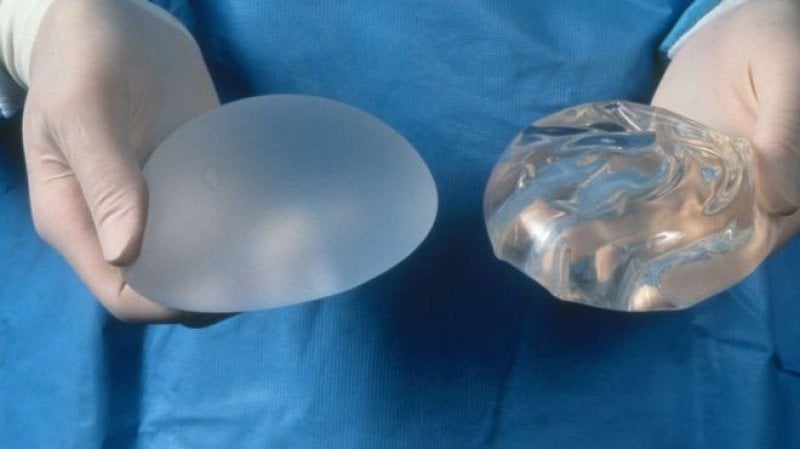Around 46% of women with silicone implants undergo re-operation within three years; 25% have their implants removed due to irritation, or the body “rejecting” the implant. The human body is extremely adept at recognizing foreign objects and non-natural materials; because silicone is highly synthetic, it often fails to cooperate with the surrounding natural tissues, leading to irritation and infection.
For years, scientists have attempted to develop a solution to this issue in the form of a coating that would support the implant’s incorporation into the body. The German biotech company AMSilk thinks it has finally succeeded.
…
“Our body sees the silk protein and says, ‘Okay, I’m a protein, this is another protein, I like proteins,’ and therefore the body is much less likely to react negatively to this coating than other substances like silica or polypropylene,” [co-founder Lin] Roemer adds.
…
Eventually, AMSilk aims to scale up the use of this silk coating beyond breast implants to all other medical and cosmetic implants, like sensors and birth control implants (they chose the silicone molds because of their relative ubiquity and simple shape).
…
The AMSilk coating, Roemer says, allows the body enough time to adjust to the foreign objects, and then will dissolve in a matter of few months, leaving the implant comfortably in place, reducing the need for subsequent surgeries to correct or remove it.
Read full, original post: This Bioengineered Silk Coating Makes Medical Implants Safer































